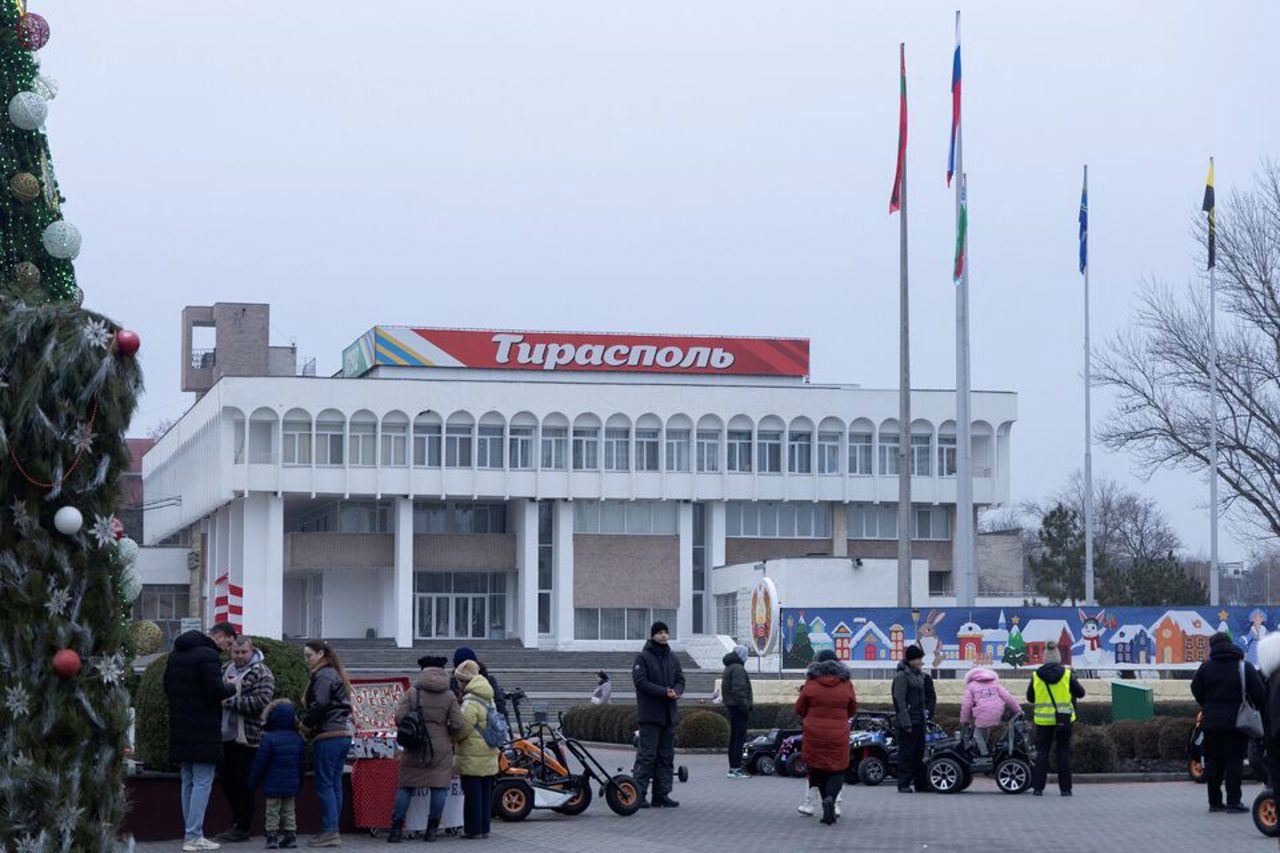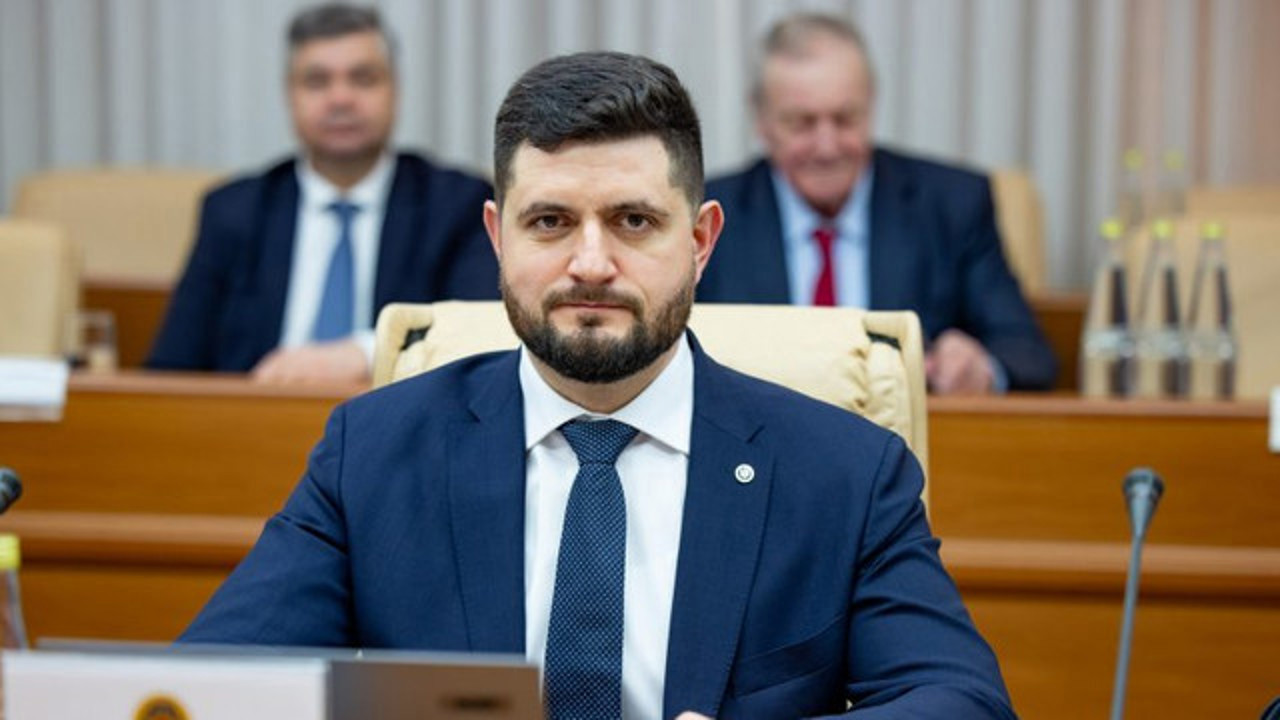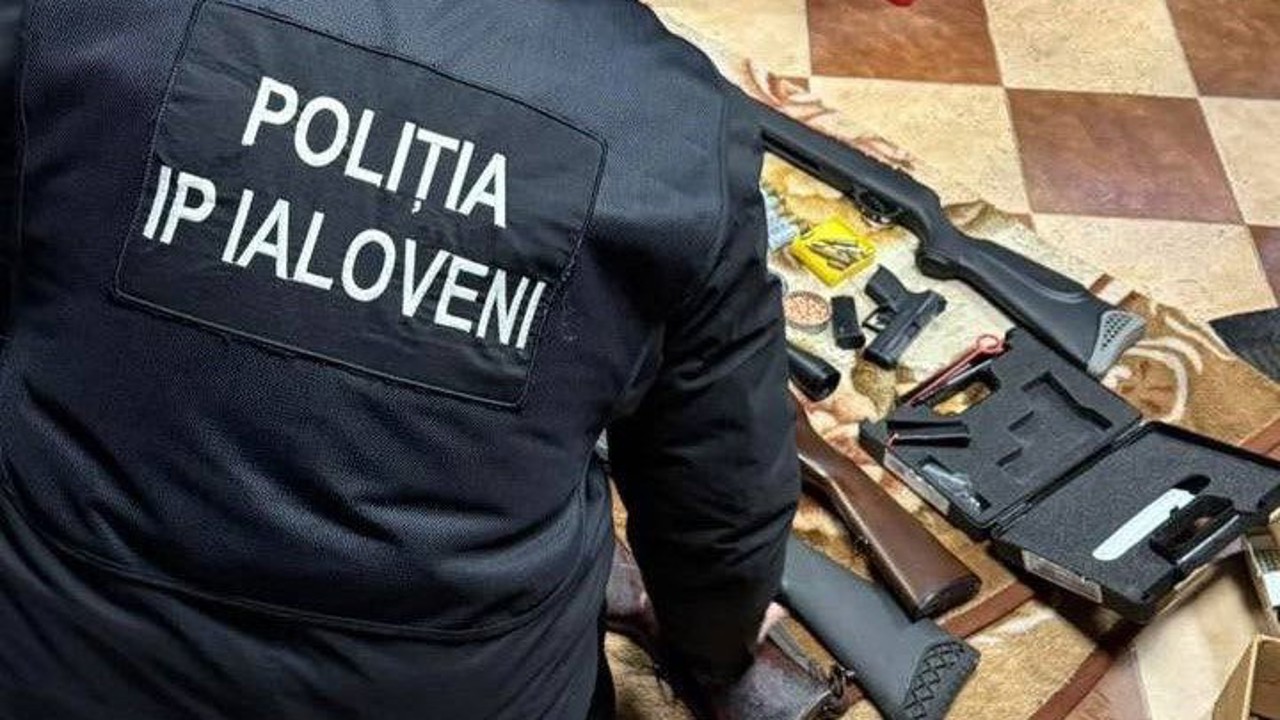Moldova launches pro-Romanian National Reunification Platform
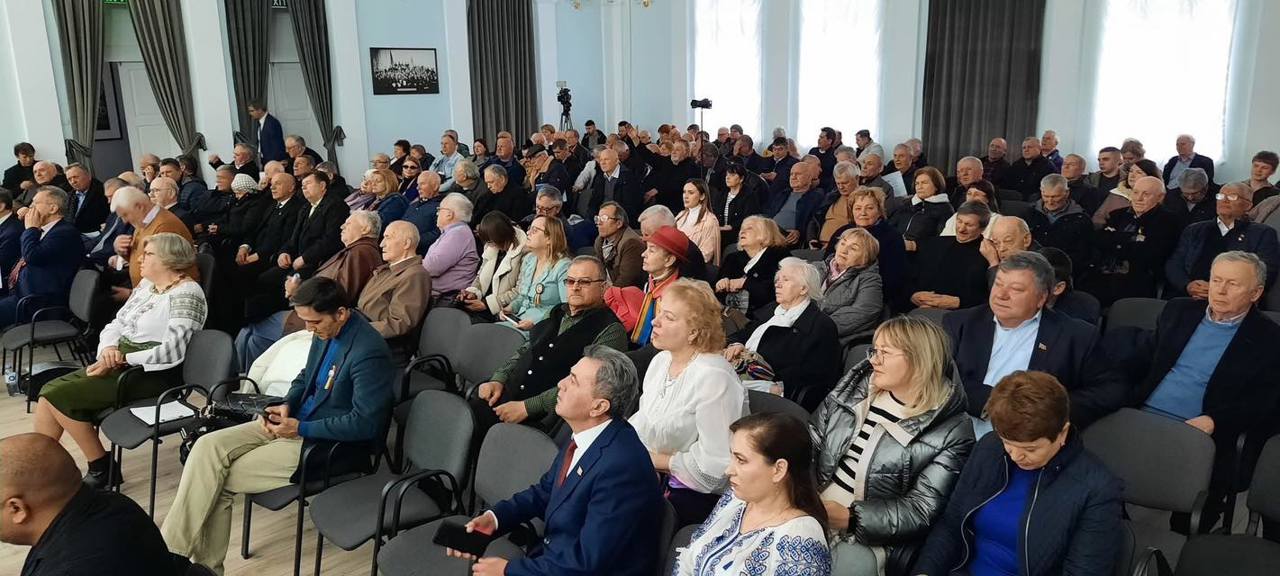
The National Reunification Platform has been launched in Chișinău as a civic and political initiative aimed at bringing together intellectuals from the Republic of Moldova to promote Romanian identity in Bessarabia.
The inaugural event was symbolically held in the Union Hall, the same location where, in March 1918, the unification of Bessarabia with Romania was declared.
Among the founders are signatories of the Declaration of Independence, historians, journalists, academics, and former members of Moldova’s first Parliament, including Anatol Țăranu, Ion Hadîrcă, and Alecu Reniță. They plan to create a pro-unionist political force to participate in the upcoming parliamentary elections under the National Reunification Party “ACASĂ,” led by Valentin Dolganiuc.
The platform’s objective is to mobilize intellectuals and politicians who embrace their Romanian identity to counter anti-Romanian stereotypes inherited from the Tsarist and Soviet eras. Additionally, it seeks to support a coherent political project for Moldova’s unification with Romania, aligned with European integration.
Participants at the event adopted the National Reunification Manifesto, a programmatic document outlining the platform’s objectives based on historical, political, economic, and social arguments. The manifesto also guarantees the rights of minorities in accordance with European standards.
In the coming months, the platform will organize a large pro-Romanian national assembly and a Congress of Bessarabian Romanians, where a united electoral list will be voted on.
In 2017, several current platform members, including Valentin Dolganiuc, Alecu Reniță, and Anatol Țăranu, launched the European Civic Movement to actively support the electoral campaign for the 2018 parliamentary elections. At that time, they advocated for a common electoral front of pro-European forces to maintain Moldova’s European trajectory and counter oligarchic and pro-Russian influences.
A year later, in 2018, 17 political groups and parties announced the creation of the Euro-Unionist Convention, aiming to consolidate pro-unionist forces and participate in the 2019 parliamentary elections on a single list. According to Radio Free Europe, the convention’s declared goal was to “affirm Romanian identity” as the foundation for Moldova’s development. Among its initiators were historians, academics, former MPs, and representatives of the European Civic Movement, including Alecu Reniță and Anatol Țăranu.
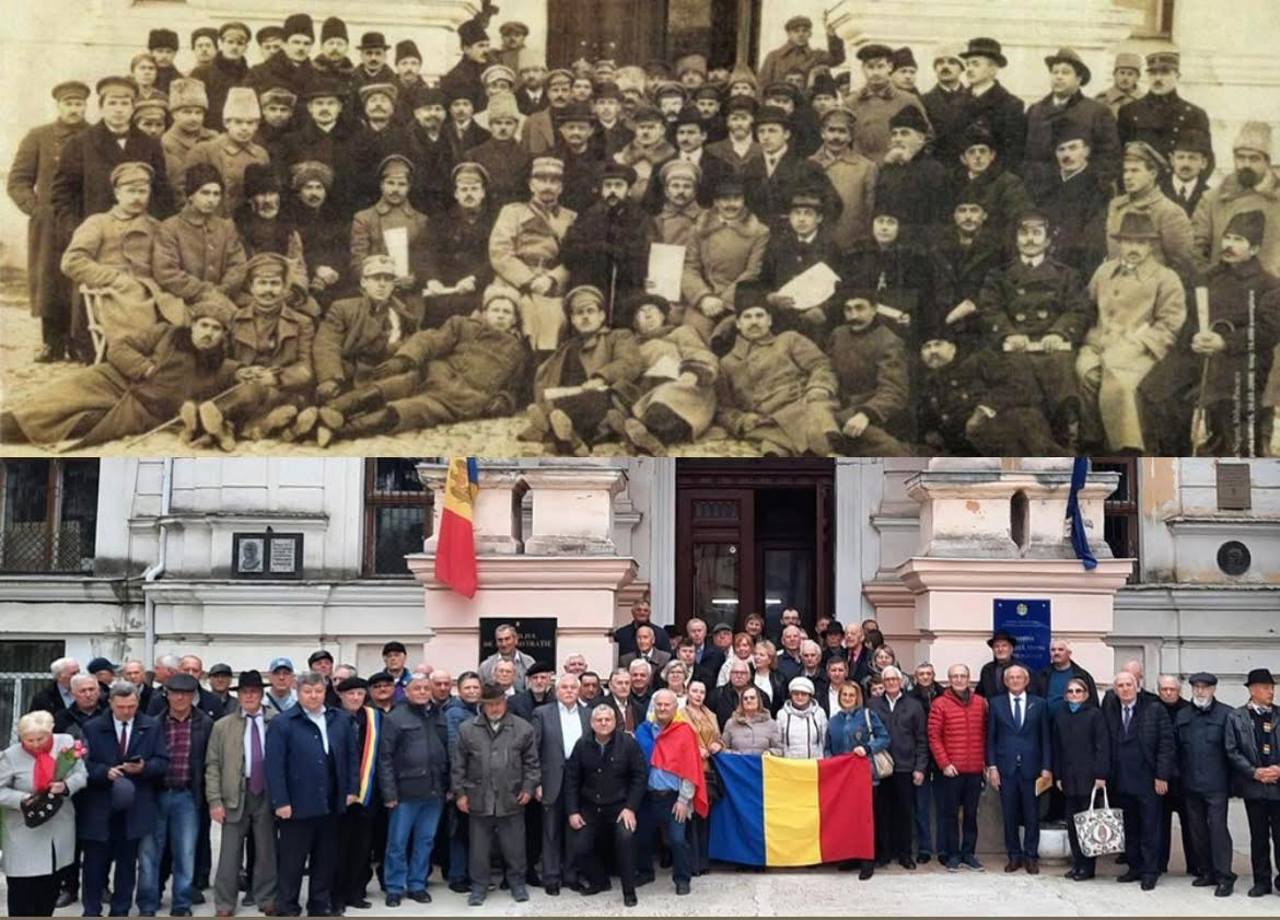
In 2024, Valentin Dolganiuc founded the National Reunification Party ACASĂ, aiming to unite all unionist forces in the country. According to the party leader, the goal is not merely electoral participation but the creation of a strong Romanian political and civic pole representing the approximately 40% of Moldovan citizens who identify as Romanian.
On March 18, 2025, Dragoș Galbur, president of the Moldovan National Party, formally proposed a merger to the Liberal Party, the National Liberal Party, and the National Reunification Party ACASĂ. In his proposal, the PNM leader expressed willingness to merge under a different name and to cover all expenses related to organizing a joint congress, as well as the associated legal and logistical costs.
However, the proposal was rejected by Valentin Dolganiuc and Anatol Țăranu, who announced their decision to run separately in the elections, launching the National Reunification Platform—a political initiative bringing together civic organizations and individuals with less public visibility.
Although they invited PNM members to join the platform, the party’s leadership declined, stating that they were not interested in electoral alliances or blocs but only in a full merger. According to Dragoș Galbur, joining a bloc would require surpassing a higher electoral threshold—7%—which complicates matters, especially given the historical instability and inefficiency of such alliances.
Translation by Iurie Tataru

